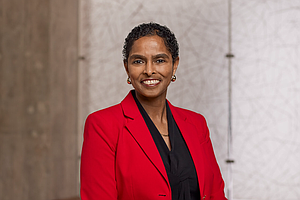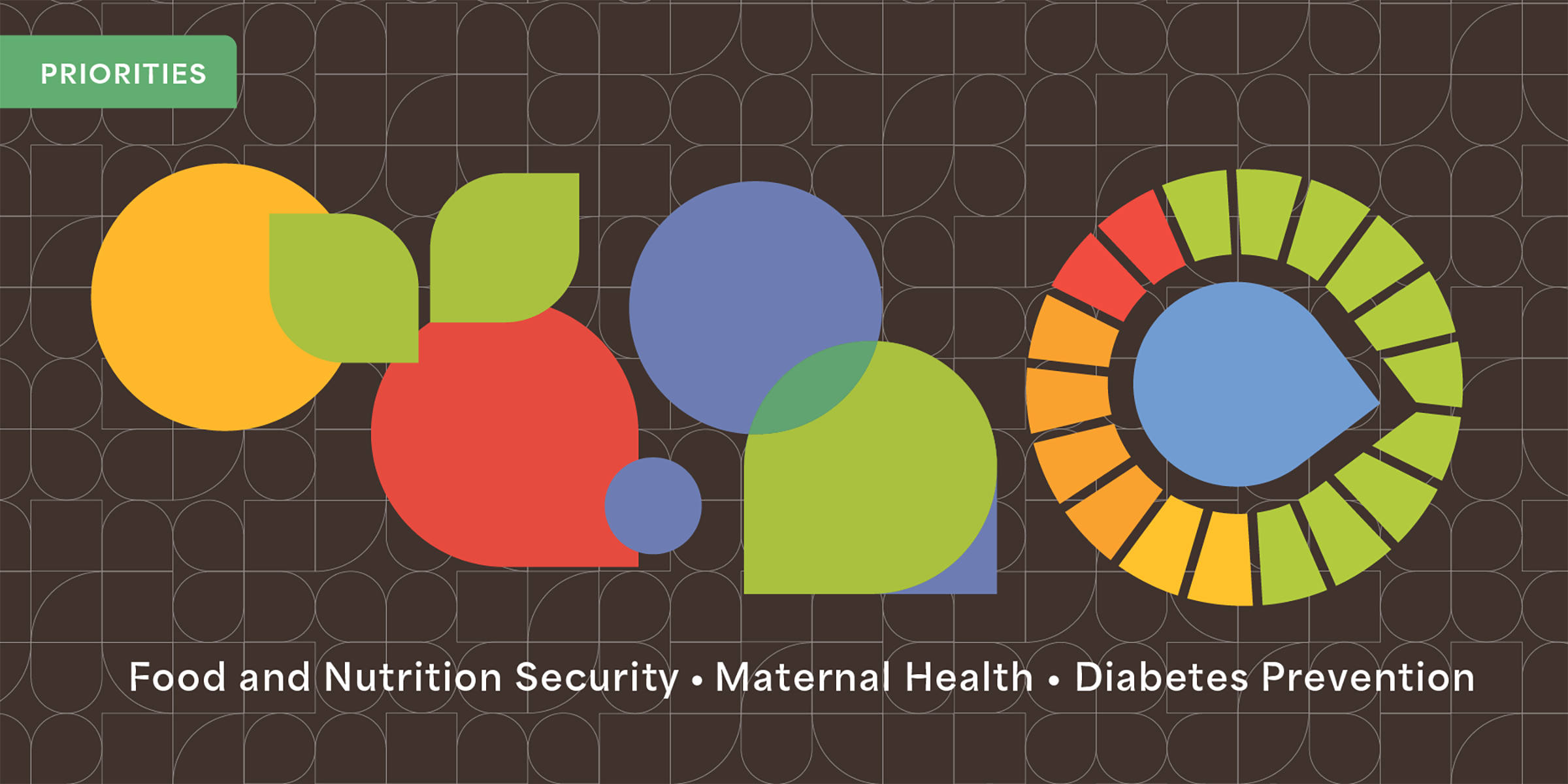8/11/2025

Houston, Texas – Imagine a Texas where your zip code no longer determines your lifespan, where mothers live to see their children grow, where every family has access to nutritious food, and where preventable diseases like diabetes no longer cast a shadow over entire communities. That’s not just wishful thinking — it’s the future the Episcopal Health Foundation (EHF) is determined to create.
This month, EHF — one of Texas’s largest and most impactful health foundations, led by physician and visionary Dr. Ann Barnes — rolled out its Strategic Framework for 2024–2030, a bold roadmap to tackle the most stubborn and preventable health challenges facing Texans today. And this isn’t about adding more doctors’ visits — it’s about getting to the root of what really makes people healthy.
 EHF Priorities logo
EHF Priorities logoBeyond the Doctor’s Office: Tackling Non-Medical Drivers of Health
For the past eight years, EHF has championed a transformative approach: addressing non-medical factors that shape health outcomes — things like access to healthy food, safe neighborhoods, and equitable policies. Now, they’re doubling down with a laser focus on three game-changing priorities:
Food & Nutrition Security – With over 4 million Texans facing food insecurity and one in four Black children going hungry, EHF knows that better nutrition is the cornerstone of better health. Poor access to fresh, healthy foods fuels obesity, diabetes, and heart disease. Fix the food pipeline, and you fix the future.
Maternal Health – In a state where up to 90% of maternal deaths are preventable, EHF refuses to accept a status quo where Black Texans die from pregnancy-related causes at twice the rate of White Texans. Equitable, accessible maternal care is not a luxury — it’s a necessity.
Diabetes Prevention – Nine out of ten cases are preventable, yet Texas’s diabetes rate remains higher than the national average, disproportionately affecting Latino and Black communities. EHF’s prevention push is aimed at cutting those numbers dramatically.
The Inequality Divide: A 20-Year Life Expectancy Gap
Across Texas, health outcomes vary wildly from one zip code to the next — sometimes by 20 years of life expectancy. That’s a direct result of economic inequality, systemic discrimination, and policy neglect.
“Opportunities to be healthy are not equal in Texas,” says Dr. Barnes. “We must work beyond health care and change the conditions that create poor health in the first place.”
Changing the Conversation: #HealthNotJustHealthCare
EHF’s plan is rooted in the belief that better health starts with better environments. That means:
Advocating for policies that make health care affordable and accessible to all.
Supporting safe, active communities where exercise is easy and enjoyable.
Expanding access to fresh food and reducing dependence on fast-food diets.
Partnering with community leaders and nonprofits to create lasting change.
And they’re not just talking — they’re investing. EHF’s 2024 grantmaking strategy will be a year of listening and learning from those with lived experience, ensuring solutions are community-informed and results-driven.
A Future Worth Fighting For
The foundation’s commitment is crystal clear: by 2030, they envision a Texas where nutritious food is abundant, pregnancy is safe for all mothers, and chronic diseases like diabetes no longer define a person’s health trajectory.
“No single organization can do this alone,” Dr. Barnes emphasizes, “but together, with strong partnerships and bold action, we can ignite lasting change.”
For more info, visit episcopalhealth.org
